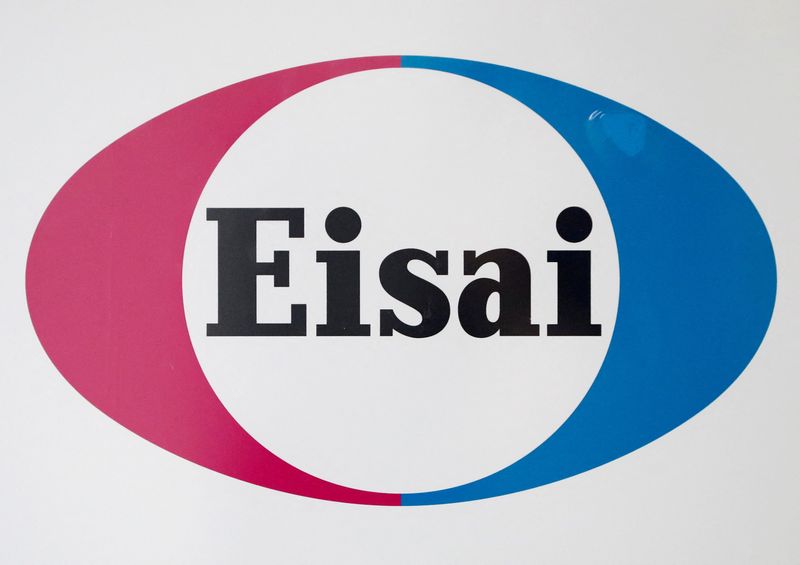By Deena Beasley
(Reuters) - Eisai Co (OTC:ESALY) Ltd and Eli Lilly (NYSE:LLY) and Co on Friday said they still plan to seek accelerated U.S. approval for experimental Alzheimer's drugs even after the Medicare health plan decided to severely limit coverage of medicines approved in that manner.
On Thursday, after a months-long review and a pressure campaign from patient advocacy groups, the Centers for Medicare and Medicaid Services (CMS) said it would only pay for Biogen Inc (NASDAQ:BIIB)'s Aduhelm, and other drugs that work in a similar fashion, for patients enrolled in valid clinical studies, unless the treatments demonstrate clear evidence of patient benefit.
Medicare covers nearly 64 million Americans age 65 and older, so the coverage decision could affect 85% of people who might otherwise use the medications for the age-related condition.
Eisai's lecanemab and Lilly's donanemab, like Aduhelm, are monoclonal antibodies designed to remove beta-amyloid, a type of protein fragment that accumulates in the brains of Alzheimer's patients. The two drugmakers said they expect upcoming Phase III trial results to eventually validate earlier-stage data under review by the U.S. Food and Drug Administration.
A fourth plaque-targeting antibody, gantenerumab, is in late-stage development at Roche Holding AG (OTC:RHHVF), which is not seeking an accelerated FDA review.
The FDA in June authorized Biogen's Aduhelm - the first drug in this class and first U.S. approved Alzheimer's treatment in 20 years - under the agency's accelerated pathway based on the drug's plaque-clearing ability, rather than proof it slows cognitive decline in Alzheimer's patients.
Medicare, however, has decided to allow standard reimbursement only for Alzheimer's drugs approved under the traditional FDA process based on "a direct measure of clinical benefit."
Eisai, which is partnered with Biogen, said it aims to complete a rolling FDA application for lecanemab, under the accelerated pathway, by mid-year. The Japanese drugmaker said it also expects results from its 1,800-patient, Phase III trial this fall.
If those results are positive, Eisai said it believes the large study could meet the "high level of evidence" criteria set by Medicare in its coverage decision.
The study is designed to show that lecanemab can slow by at least 25% the rate of cognitive and functional decline.
"It is a disease-modifying drug," Ivan Cheung, Eisai's U.S. chairman, said in a recent interview with Reuters. "You expect to see separation between the treated and untreated groups that improves over time."
Roche also expects to report Phase III trial results for gantenerumab later this year.
Lilly, in a statement, said it intends to complete its current, rolling application for accelerated FDA approval of donanemab this year. It does not expect to have results from a Phase III trial of the drug until mid-2023.
The Indianapolis-based company said it believes Medicare coverage restrictions are "unnecessary, restrictive and inappropriate" for FDA-approved drugs.
The idea that removing amyloid plaques is reasonably likely to slow cognitive and functional decline in people living with early Alzheimer’s is known as the "amyloid hypothesis," a theory that has led to long history of drugs that tried and failed to clear the plaques or help patients.
Greg Rippon, neuroscience and Alzheimer's Disease medical lead at Roche's Genentech unit, explained in a recent interview that the theory is supported by analysis of inherited forms of Alzheimer's, which are all caused by mutations in amyloid processing.
He said more recent studies have shown that the build-up of amyloid is a precursor to other brain dysfunction that speeds neurodegeneration for patients with Alzheimer's.

"Obviously, it comes down to clinical data and demonstrating that clinical benefit and that's where a lot of skepticism is centered," Rippon said.
(This story refiles to correct spelling of 'plaques' in paragraph 15)